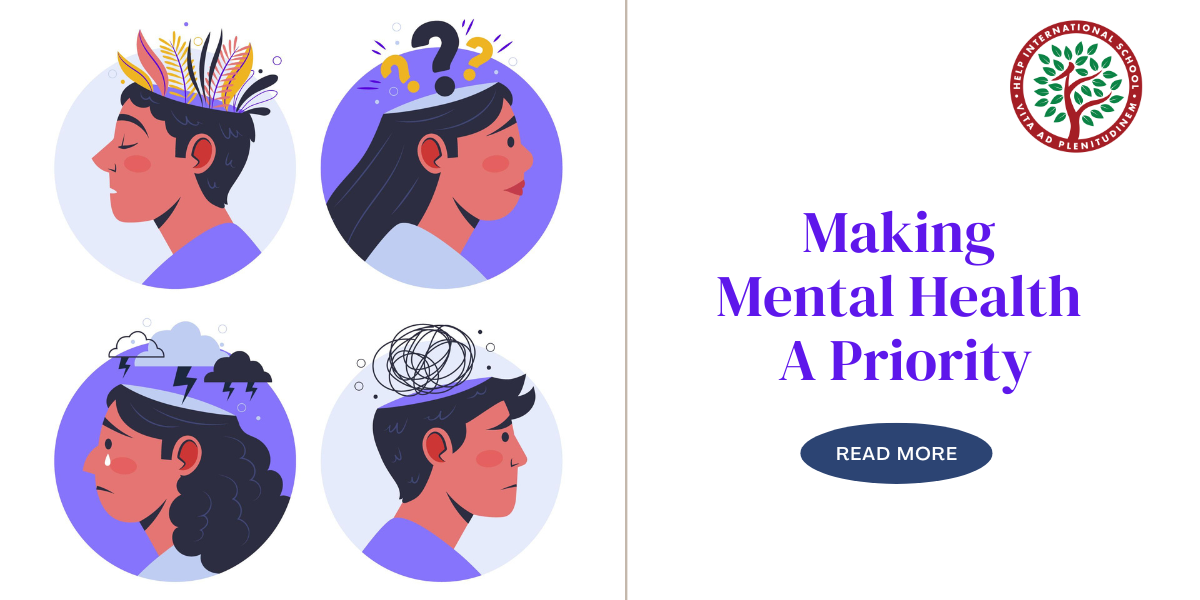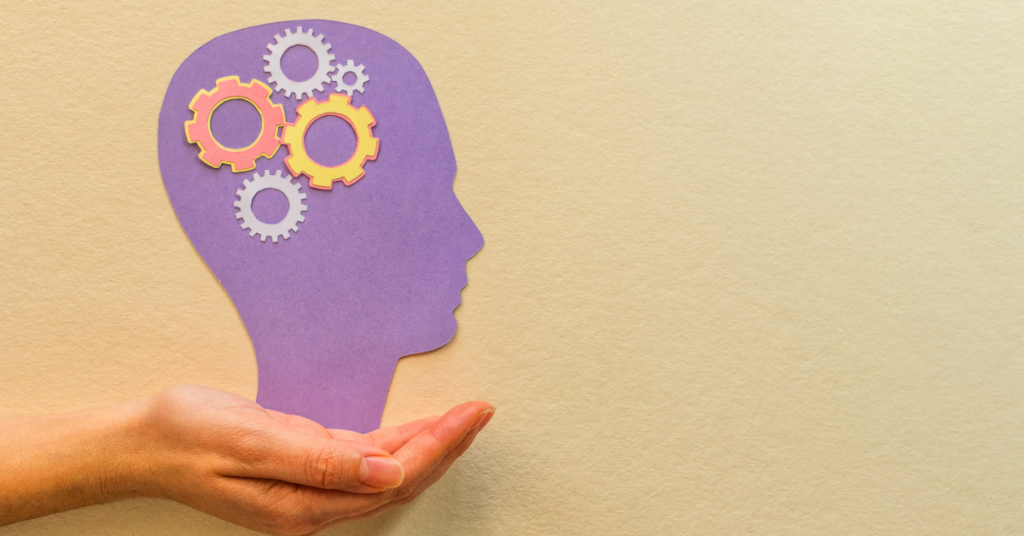by Ms Stephanie Cheah, School Counsellor at HELP International School
There’s a reason why mental health and well-being have been increasingly discussed in recent years. Featured stories on mental health struggles of Royalty and celebrities became sensationalised. Yet, mental health and well-being have been studied and researched for a long time. The earliest discussion on well-being goes back to the ancient period where philosophers debated and searched for what a “good life” means.
With the increasing awareness of the importance of mental health and well-being, more and more people are embracing the “good life”. Still, there are many others who cringe at the thought of mental health and well-being, associating these terms to weakness, the lack of grit and fearing that conversations and attention focused on these areas would open up a can of worms, which hinder the journey to a successful life.
When we live long enough, we learn that life isn’t a bed of roses. As soon as our children turn into toddlers, they quickly learn what disappointment feels like– they can’t always have what they want–Life certainly didn’t seem good during those moments. Adolescents would understand life struggles. Their parents would then challenge this and say, “You haven’t learned what real struggle means.” Then, the parents of these parents will look at their own adult children and think to themselves, “When you get to my age, you will know what real struggle means.” Whichever stage we’re in, at some point, we either suffer from living in the fantasy land of all-is-well-and-good, or learn to accept that life is filled with struggles- big or small.
Well-being isn’t a fantasy land of all-is-well-and-good. The term subjective well-being is synonymous with positive mental health. I remember asking the audience in a training session to reflect and rate their level of mental health on a continuum. Their puzzled facial expression and varied responses led me to provide further explanation on the difference between mental health and mental illness. If I had asked them to rate their level of physical health on a continuum, there would be no confusion. There has been so much stigma attached to the word “mental”, many of us form an inaccurate negative perception of the word and this isn’t helpful in maintaining good health. Health is health. There is no health without mental health.
We know well about the importance of maintaining good health when we think of the analogy of planning a road trip. We do our best to ensure our vehicle is in a good enough condition to bring us to our desired destination. If the road trip is a long one, we make sure to take a few stops in between to make sure our vehicle (and ourselves) get recharged before the next leg of the journey.
In order to thrive in life, we need to be able to have enough fuel to move beyond our challenges. Regular mental-health checks allow us to decide what tools we need to move forward, ensuring that we find a balance in our mental health continuum. The tools may be to reach out and lean into people who we trust to care for us, or the ability to accept and let go of things we cannot change and to focus on what we have at present. Sometimes, it might be necessary to pause, to recollect ourselves so that we can see more clearly and evaluate whether the path we took leads to where we want to be.
Our mental health moves up and down a continuum depending on how the road ahead presents itself. The Covid-19 pandemic was certainly a deep pothole we did not see coming and injured the state of mental health and well-being around the globe. This year’s theme for World Mental Health Day is “Make mental health & wellbeing a global priority for all.” Let’s come together to recognise this collective struggle and encourage one another to prioritise our mental health and well-being.










